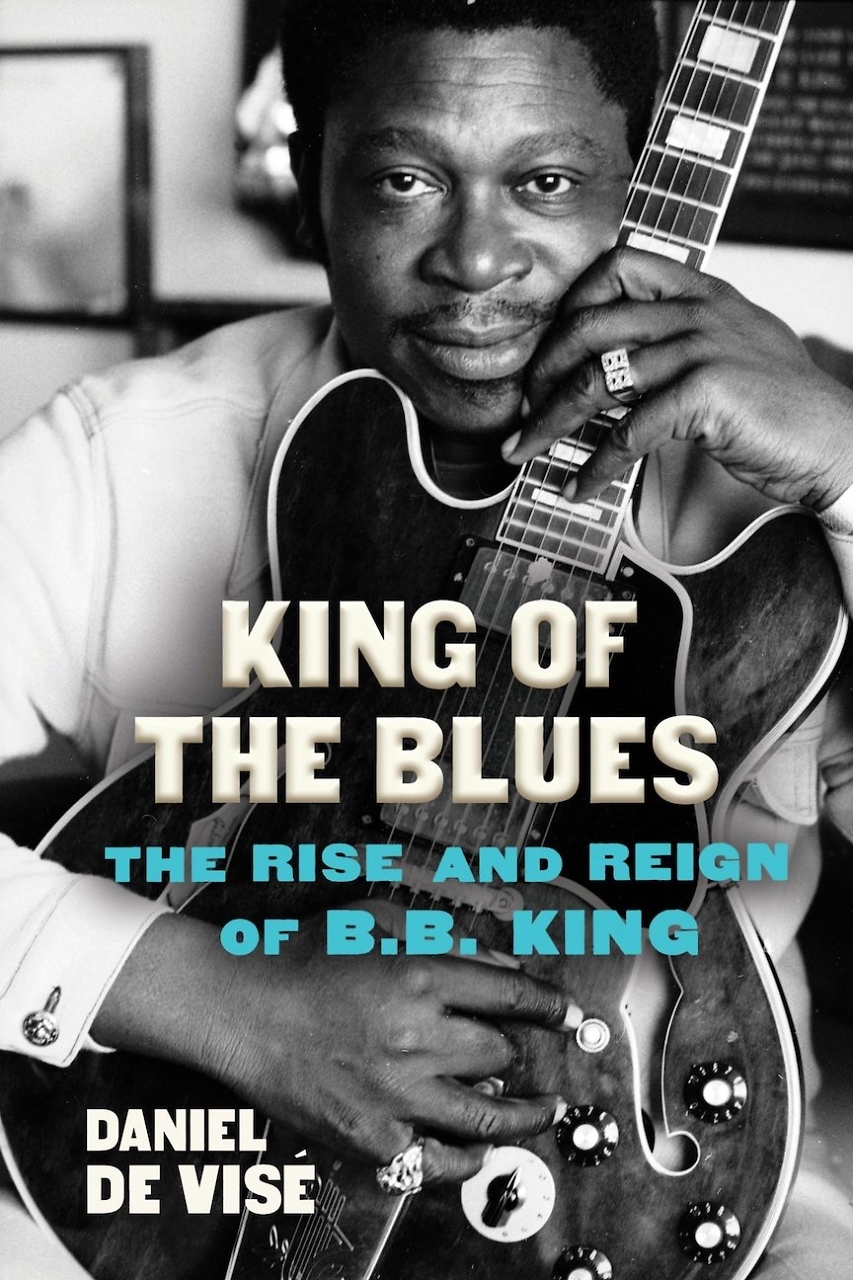The Pain of What Might Have Been
In a compelling new history, Candice Millard retells the tragedy of the Garfield assassination
Charles Guiteau did much more than kill James Garfield. According to Candice Millard, author of Destiny of the Republic: A Tale of Madness, Medicine and the Murder of a President, the deranged Guiteau deprived America of a potentially great president. Garfield was one of those rare politicians who possessed a first-rate intellect, a fighting spirit, and a determination to make the world a better place. It is a testament to his potential that even in death he inspired much of the reform that he advocated in his too-short term of office. His murder, Millard writes, “brought tremendous change to the country he loved—change that, had it come earlier, almost certainly would have spared his life.”
What desperately needed changing in nineteenth-century American politics was the spoils system, in which elected officials doled out civil-service jobs as favors to supporters. Garfield, a reform-minded Republican and a man of deep personal honor, opposed the system for the obvious reason that it fomented corruption at all levels of government. Other Republicans, called Stalwarts, opposed reform. Led by Roscoe Conkling, a paradigm of corruption, the Stalwarts tried at the 1880 Republican convention to ramrod the nomination of the pliable U.S. Grant for a third term. Garfield, a former university president, Civil War hero, and congressman—the very model of the soldier-scholar-statesman—did not seek or want the nomination but nonetheless received it as a compromise, and easily won the presidency. Watching the process was Guiteau—the very model of the delusional madman—who believed he should be rewarded for his loyalty to the Republican cause by being made American consul general to France. When the post was denied him, his insanity drove him to another, violent outlet.
 American medicine also needed reform in the late nineteenth century. Despite advances brought by technology and the experience of the Civil War, American physicians had not embraced—and many actively opposed—advances in germ theory that had already revolutionized medicine in Europe. There, Dr. Joseph Lister had developed an antiseptic method that dramatically reduced infection and increased patient survival of traumatic injuries, including gunshot wounds. “Not only did many American doctors not believe in germs, they took pride in the particular brand of filth that defined their profession,” Millard notes. “They spoke fondly of the ‘good old surgical stink’ that pervaded their hospitals and operating rooms, and they resisted making too many concessions even to basic hygiene.”
American medicine also needed reform in the late nineteenth century. Despite advances brought by technology and the experience of the Civil War, American physicians had not embraced—and many actively opposed—advances in germ theory that had already revolutionized medicine in Europe. There, Dr. Joseph Lister had developed an antiseptic method that dramatically reduced infection and increased patient survival of traumatic injuries, including gunshot wounds. “Not only did many American doctors not believe in germs, they took pride in the particular brand of filth that defined their profession,” Millard notes. “They spoke fondly of the ‘good old surgical stink’ that pervaded their hospitals and operating rooms, and they resisted making too many concessions even to basic hygiene.”
Both the spoils system and the barbaric use of unsterilized surgical equipment came to belated ends after Americans watched their remarkable, beloved president linger in agony for more than two months following Guiteau’s assassination attempt. The dual evils of being shot by a spurned office-seeker and having his wound repeatedly probed by unwashed fingers and medical instruments turned Garfield himself into a powerful case study of just how broken both systems were. Garfield’s autopsy revealed he had died not of the gunshot but of the infection introduced by doctors, an internal assault that had spread pus-filled abscesses throughout his once vigorous body. “Had Garfield been shot just fifteen years later,” Millard writes, “the bullet in his back would have been quickly found by X-ray images, and the wound treated with antiseptic surgery. He might have been back on his feet within weeks.” The shared national trauma of the assassination catalyzed the reform process in both politics and medicine.
In documenting these remarkable, change-inducing events, Millard—who also wrote The River of Doubt, a bestselling history of Theodore Roosevelt’s last years—has produced a history so engaging that, even knowing the ending, a reader can’t help but pray for a different outcome. Garfield died—that much is history. But Millard’s story feels so fresh that anything seems possible. Maybe Alexander Graham Bell will succeed in finding the bullet with his new electrical device, developed specifically to help Garfield. Maybe Dr. Bliss, the old-school, germ-ridden physician, will realize his terrible blunder and allow more knowledgeable hands to care for the president. And maybe, in the end, Garfield will reunite with his beloved family to finish out what might have been one of America’s finest presidencies. Alas, all of that, and more, is what might have been. What remains is history—and in Destiny of the Republic, it is history superbly told.
Candice Millard will appear at the 2011 Southern Festival of Books, held October 14-16 in Nashville. All events are free and open to the public.


